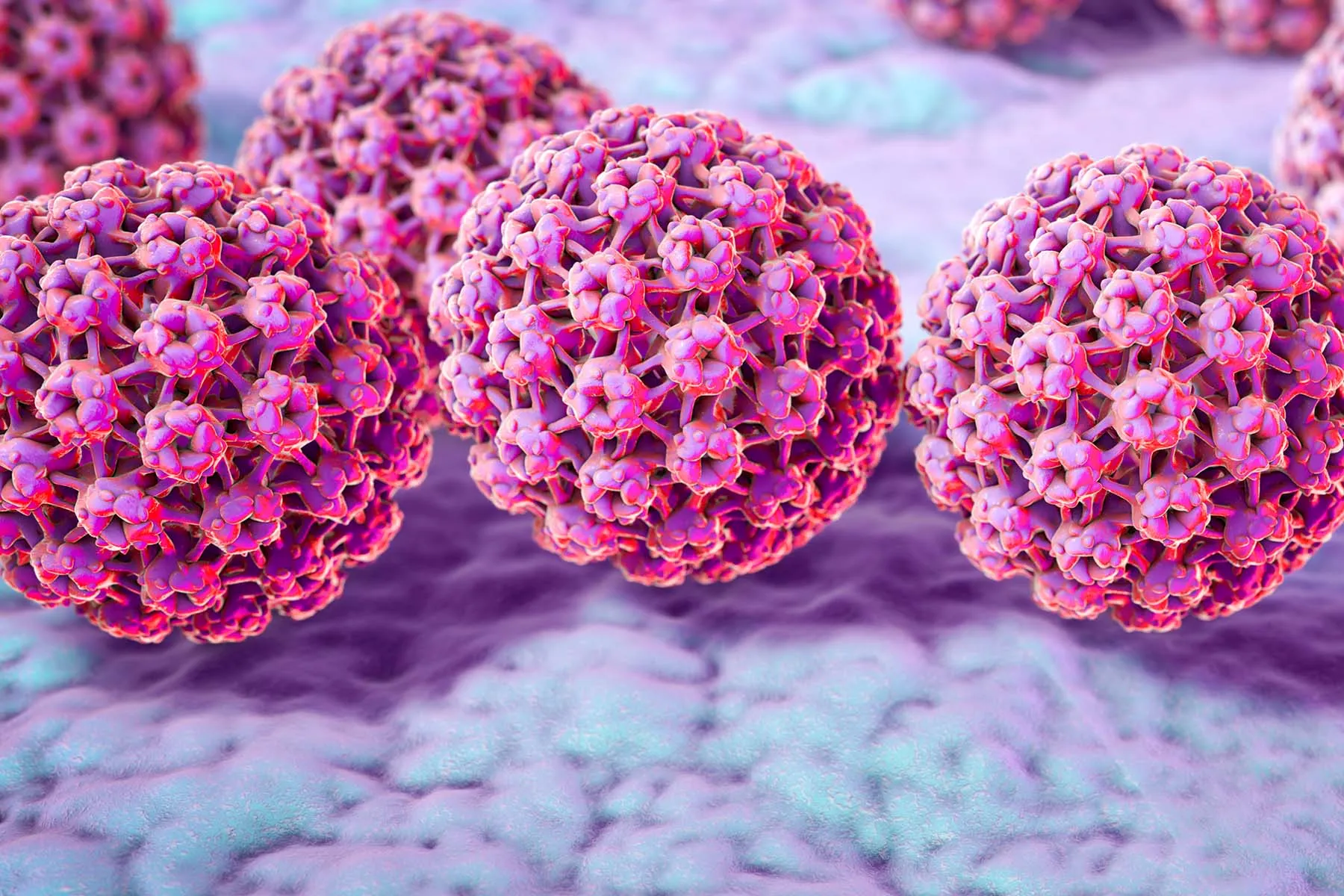— But experts disagree about what the findings actually mean
by
Judy George, Deputy Managing Editor, MedPage Today
June 29, 2023
Menopausal hormone therapy was linked with dementia and Alzheimer’s disease, even in women who received treatment at age 55 or younger, a large observational study in Denmark suggested.
Women ages 50 to 60 who had received estrogen-progestin therapy had an increased risk of all-cause dementia (HR 1.24, 95% CI 1.17-1.33) compared with women who never used the treatment, reported Nelsan Pourhadi, MD, of Copenhagen University Hospital in Denmark, and co-authors.
Hazard ratios climbed with longer durations of use, from 1.21 (95% CI 1.09-1.35) for 1 year or less to 1.74 (95% CI 1.45-2.10) for more than 12 years, the researchers wrote in The BMJ.
Associations persisted in women who had treatment at age 55 and younger (HR 1.24, 95% CI 1.11-1.40), or when limited to late-onset dementia (HR 1.21, 95% CI 1.12-1.30) or Alzheimer’s disease (HR 1.22, 95% CI 1.07-1.39).
What the findings mean isn’t clear. “Further studies are warranted to determine whether these findings represent an actual effect of menopausal hormone therapy on dementia risk, or whether they reflect an underlying predisposition in women in need of these treatments,” Pourhadi and colleagues wrote.
Kejal Kantarci, MD, of the Mayo Clinic in Rochester, Minnesota, who co-authored an accompanying editorial, agreed.
“A relationship between hormone therapy and dementia does not mean that menopausal hormone therapy causes dementia,” Kantarci told MedPage Today. “While this may be one reason, there are many other factors that may contribute to this relationship.”
“For example, women who seek hormone therapy for reasons such as cognitive difficulties, sleep disturbances, or vasomotor symptoms may already be prone to dementia later in life,” Kantarci continued.
“Clinical trials provide the strongest evidence for causality,” she emphasized. “Recent clinical trials indicate that women given hormone therapies during menopausal transition do not have a risk of cognitive decline.”
While the analysis doesn’t prove a causal link, “the possibility of a causal link is increased by the new finding (as better records were available) that the longer people took this type of HRT [hormone replacement therapy], the more likely they were to develop dementia,” observed Gill Livingston, PhD, of University College London in England.
“In addition, the HRT prescription preceded the dementia by many years,” Livingston wrote on the U.K.’s Science Media Centre. “Also, the researchers took into account in the analysis other risk factors for dementia.”
The North American Menopause Society (NAMS) says the benefit-risk ratio of hormone therapy is favorable to treat vasomotor symptoms and prevent bone loss for women 60 and younger, or those who are within 10 years of menopause onset and have no contraindications. For women over 60 or those who start hormone therapy more than 10 years from menopause onset, NAMS advises that the benefit-risk ratio may be less favorable due to risks of coronary heart disease, stroke, venous thromboembolism, or dementia.
Pourhadi and colleagues used national registry data to identify 5,589 cases of dementia and 55,890 age-matched dementia-free controls between 2000 and 2018 from a population of all Danish women 50-60 years old in 2000 with no history of dementia and no underlying reason preventing them from using menopausal hormone therapy.
Women in the case group more often had shorter education, lower household income, hypertension, diabetes, and thyroid disease than controls.
Dementia was diagnosed at a mean age of 70. Before diagnosis, 1,782 (32%) cases and 16,154 (29%) controls received estrogen-progestin therapy from an average age of 53. Mean duration of use was 3.8 years for cases and 3.6 years for controls.
Both continuous (HR 1.31, 95% CI 1.18-1.46) and cyclic (HR 1.24, 95% 1.13-1.35) estrogen-progestin regimens were associated with a subsequent dementia diagnosis. Progestin-only therapy and vaginal estrogen-only therapy were not associated with dementia.
The findings cannot inform shared decision making about hormone therapy for menopausal symptoms, Kantarci and JoAnn Manson, MD, DrPH, of Harvard Medical School in Boston, said in their editorial.
“Confounding factors could be producing a spurious signal for higher dementia risk in younger women using hormone therapy for either a short or long duration,” Kantarci and Manson wrote. “In particular, increased dementia risk with less than one year of hormone treatment is not biologically plausible, further supporting the presence of confounding factors.”
Brain imaging biomarkers may help identify whether hormone treatment affects dementia pathophysiology at early stages, “making assessment of its influence on dementia risk in trials of recently postmenopausal women feasible,” they added.
Judy George covers neurology and neuroscience news for MedPage Today, writing about brain aging, Alzheimer’s, dementia, MS, rare diseases, epilepsy, autism, headache, stroke, Parkinson’s, ALS, concussion, CTE, sleep, pain, and more. Follow
Disclosures
The research did not receive any specific grant from funding agencies in public, commercial, or not-for-profit sectors.
Pourhadi declared no competing interests. Co-authors reported relationships with Danmark, the Danish Cancer Society’s Scientific Committee, Novo Nordisk, the Danish Society for PharmacoEpidemiology, the Nordic PharmacoEpidemiological Network, and Bayer.
Kantarci was involved in an unpaid educational activity on Alzheimer’s disease for Biogen, and is the PI on a study of a PET imaging ligand for Alzheimer’s disease, to which Eli Lilly and Avid Radiopharmaceuticals donated supplies. She is funded by the National Institutes of Health and Alzheimer’s Drug Discovery Foundation. Manson reported no relevant disclosures.
Primary Source
The BMJ
Source Reference: Pourhadi N, et al “Menopausal hormone therapy and dementia: Nationwide, nested case-control study” BMJ 2023; DOI: 10.1136/bmj-2022-072770.
Secondary Source
The BMJ
Source Reference: Kantarci K, Manson JE “Menopausal hormone therapy and dementia” BMJ 2023; DOI: 10.1136/bmj.p1404.
Note: This article have been indexed to our site. We do not claim legitimacy, ownership or copyright of any of the content above. To see the article at original source Click Here













